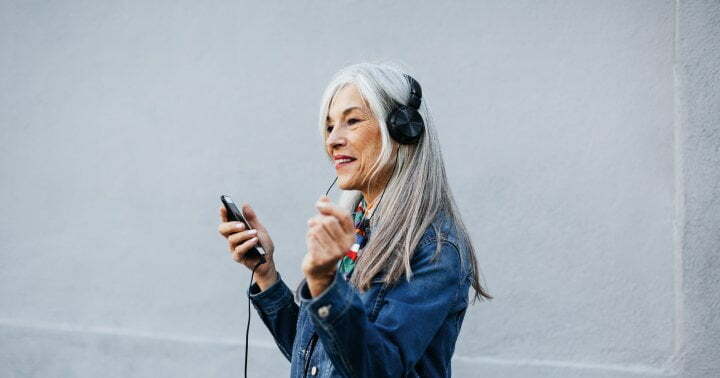What Is Ubuntu & How Can This Concept Transform Your Health?

According to Patel, Ubuntu manifests in your everyday interactions. For example, “If you’re having a meeting in South Africa, you’ve got to budget about half an hour, depending on the number of people there, for you to just go around and shake everyone’s hand,” he says. “It’s considered unthinkable that you would spend time in the same room with someone and not get to know them and not seriously ask how their family is doing and whether they are well.” The rationale, he continues, is simple: “If you’re not taking care of the people in the room, it’s unlikely that they’re going to take care of you.”
In our American society, it’s common to toss out a how are you? and simply move along with your day—so rather than asking the question as a formality, a filler phrase to break the ice, Patel urges you to think deeper. “In South Africa, that’s a very serious political, ecological, nutritional, and health question, because so much depends on answering that question honestly and at length,” he says.
Marya also wants us to look critically at our definition of community: “Who do we ascribe as inside the community and outside the community?” she poses. It’s time we expand the scope—that way, Marya explains, we will be prepared to encourage healing for as many people as possible, in a fashion that does not leave behind those who are consistently excluded today: “That philosophy of reciprocity really serves us well in these times,” she adds.
This article was originally published by mindbodygreen.com. Read the original article here.



